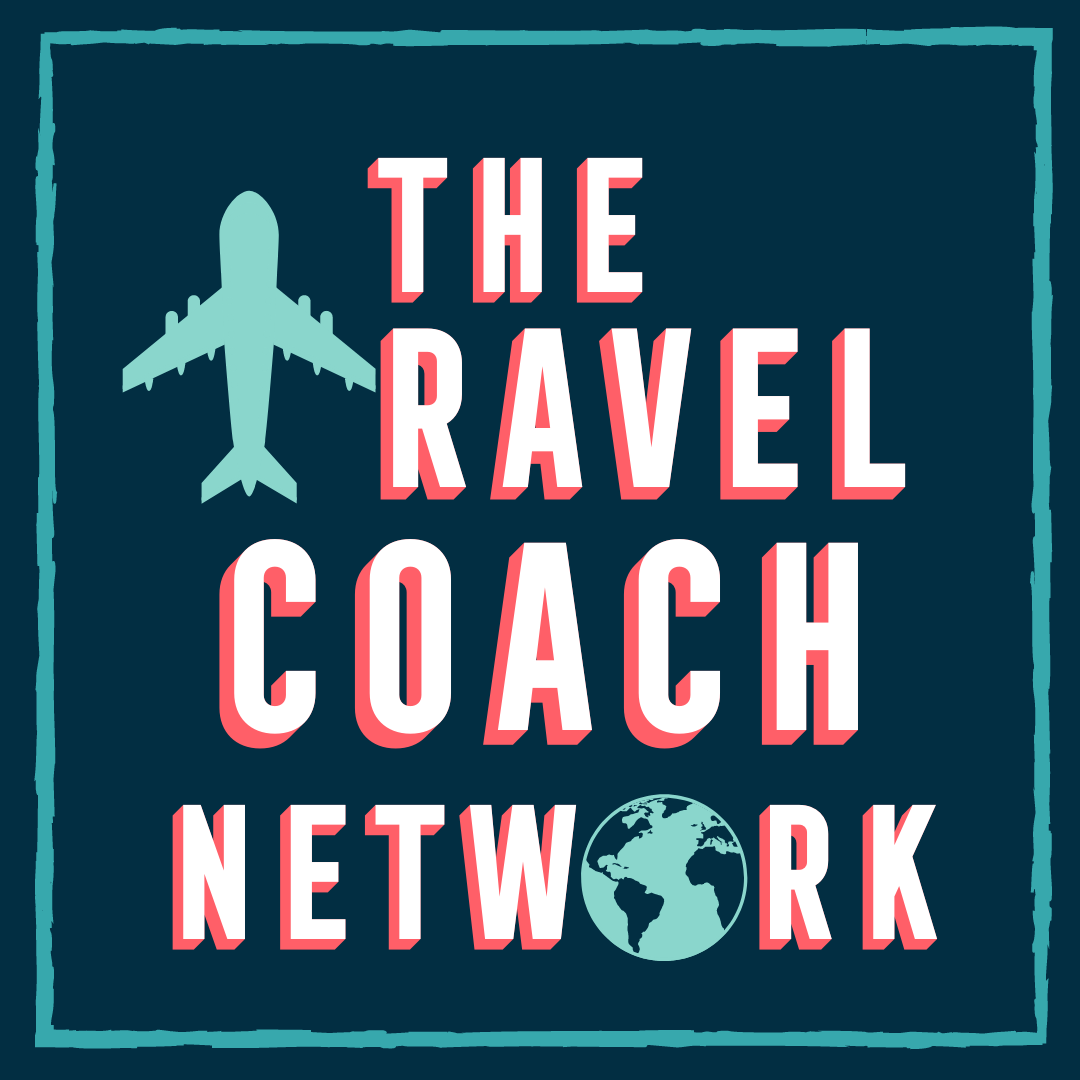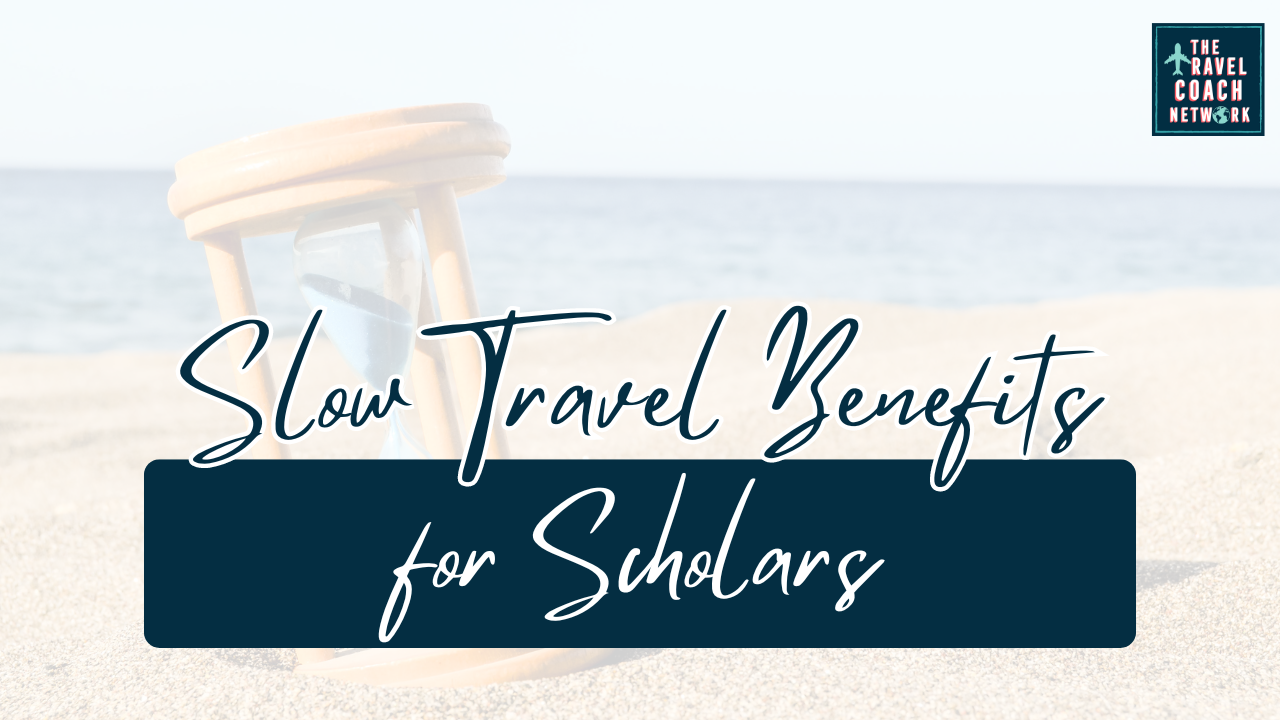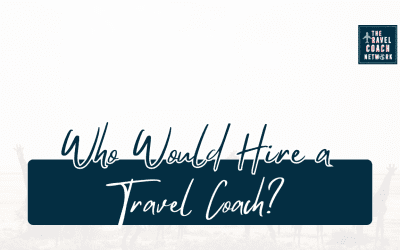If you love travel as much as I do, then you’ve probably heard of the slow travel trend.
But in this article, I’m hoping to show you that slow travel is more than a trend.
In today’s fast-paced academic world, it’s easy to feel overworked and uninspired.
Deadlines, course load, conferences, and the pressure to publish can leave even the most dedicated scholar seeking more from life.
As a traveling scholar-entrepreneur (a nomadic mix of scholar and entrepreneur), I’ve witnessed the incredible power of travel to ignite creativity, reshape perspectives, and inspire.
But this is so much more than just the one-off vacation or long weekend away.
The answer lies in slow travel.
Forget the whirlwind tours and fleeting glimpses of landmarks.
Slow travel prioritizes quality over quantity.
It’s about immersing yourself in a new place for an extended period, giving you the space to fully embrace sights, sounds, and experiences.
The slow travel philosophy emphasizes not only the place you visit, but how you embrace each day.
In this blog post, I’ll talk about what slow travel is, and how scholars, researchers, and knowledge creators can benefit from taking the time and space to slow down.
Free Economy Class TCN Membership: Learn About Travel Coaching
Don’t have enough time to read this whole article?
Click here to get access to the FREE TCN Membership!
The Economy Class Membership for the Travel Coach Network includes:
– Travel Coaching 101 Masterclass
– Travel Coach Workbook
– Downloadable Beginner’s Guide to Travel Coaching
Click Here to Subscribe to The Travel Coach Network YouTube Channel
While this video episode on YouTube isn’t with the author of this article (Alicia Cintron), Robin Who dives deep into the idea of slow travel.
It’s a must-watch or a must-listen if you’re interested in the growing slow travel trend.
What Is Slow Travel?
Slow travel is not defined by a predetermined number of days or weeks one must stay in a location. Conde Nast Traveler attempted to define slow travel:
“Slow travel is a mindset: you don’t need three weeks of vacation to slow down … It comes down to how you engage with the world as you move through it.”
Slow travel is less about the time you spend in a location, but what you do with the time there.
Imagine yourself living this: You’re in a new city.
Mornings might involve focused writing in a cozy cafe, fueled by delicious coffee and pastries. Afternoons offer a chance to explore: a guided walking tour, getting lost in charming streets, or simply sitting in a cafe, watching the world go by.
This isn’t a whirlwind vacation; it’s slow travel, a way to truly immerse yourself in a new culture while integrating remote work.
Unlike digital nomads who relocate frequently, slow travel lets you establish a base and embrace a flexible rhythm.
The key is what you do when you land and how you plan your time. This isn’t about working all day and dining in tourist traps.
Slow travel is about exploration, serendipitous discoveries, and enriching conversations with locals. It’s about slowing down and letting your new surroundings spark creativity and enrich your academic pursuits.
One city that is ripe for slow travel for scholars is Mexico City due to its size, cultural diversity, infrastructure, and vast community offerings.
Why Slow Travel is Ideal for Scholars
Many academics have the luxury of extended time off during holidays and summer. And unlike a typical vacationer who may be limited to a week or two of vacation, you can leverage this time to slow travel.
Slow travel offers several advantages:
- Combines Work and Exploration: Unlike the digital nomad lifestyle, slow travel allows you to integrate work into your trip. This can create a perfect balance for focused research and writing while being inspired by your surroundings. Just make sure you develop a writing schedule with goals in advance.
- Boosts Creativity and Well-being: A change of scenery can significantly enhance creativity and reduce stress [1, 2]. Immersing yourself in a new environment can spark fresh ideas, improve mental clarity, and foster a sense of rejuvenation [3, 4].
- Community & Networking: The ability to travel and work remotely from diverse locations can provide you with valuable opportunities to build a global network. Individuals with a network of disconnected people can create professional opportunities and foster idea creativity [5, 6]. So hit up those co-working spaces because you never know who you will meet!
- Deepens Cultural Understanding: Slow travel can help you move beyond tourist traps and connect with the local community. This deeper cultural engagement challenges stereotypes and promotes understanding of different cultures, thus enriching your research and teaching [7]. But learning more about the local culture requires intentionality on your part.
- Develops Valuable Skills: Travel experiences help develop problem-solving, communication, and time management skills [2]. These skills are essential for navigating the ever-evolving academic landscape.
Beyond Academia: Personal Growth Through Slow Travel
The benefits of slow travel extend far beyond academic pursuits. It’s a journey of self-discovery that includes:
- Stepping Outside Your Comfort Zone: Embracing new cultures broadens your horizons and fosters personal growth. Travel itself involves changes in routines, cultural immersion, and novel sensory experiences, which can improve your mood, creativity and psychological well-being [2, 8].
- Self-reflection and New Perspectives: Travel allows for introspection and a chance to see the world through a different lens. You may gain new perspectives on life, experience levels of inner harmony, and enhanced self-esteem [9].
- Increased Self-confidence and Resilience: Travel can help you gain confidence and a positive mindset. The new skills acquired through travel can also lead to increased self-efficacy [9].
- Environmentally friendly: Slow travel promotes environmentally sustainable travel through low-carbon travel modes like walking, cycling, trains [10, 11]. It also reduces your carbon footprint by limiting your flight to and from your destination.
Conclusion: Slow Travel Can Be For Anyone, But It’s Especially Beneficial for Scholars
Slow travel isn’t about the destination; it’s about the experience. The destination matters, and there is a lot of aspects to consider, from wifi capabilities to access to time zones. Yey whether you choose a busy city or the countryside, embrace the opportunity to truly immerse yourself.
The ability to work while traveling exists, it’s just a matter of setting a writing schedule and not pressuring yourself to do everything. Slow travel is about living each day in the present, not checking all the sights off your list.
The world awaits, and slow travel is the key to unlocking its hidden treasures and enriching both your personal and academic life.
References and Citations
[1] Kaplan, R. (1995). The restorative benefits of nature: Toward an integrative framework. Journal of Environmental Psychology, 15(3), 169-182.
[2] Nawijn, M., Marchand, B., & Veenhoven, R. (2010). Improved mood and psychological well-being following a vacation. Applied Research in Quality of Life, 5(1). 35-47
[3] Maddux, W. W., & Galinsky, A. D. (2009). Cultural distance and the metaphor heuristic. Personality and Social Psychology Bulletin, 35(10), 1276-1289.
[4] Ward, T. B., Smith, S. M., & Finke, R. A. (1999). Creative cognition. In R. J. Sternberg (Ed). Handbook of creativity (pp. 189–212). New York: Cambridge University Press.
[5] Burt, R. S. (2004). Structural holes and good ideas. American Journal of Sociology, 110(2), 349-399.
[6] Ruef, M. (2002). Unpacking the liability of aging: toward a socially-embedded account of organizational disbanding. In Social Structure and Organizations Revisited (pp. 195-228). Emerald Group Publishing Limited.
[6] Miyakawa, E., Kawakubo, A., & Oguchi, T. (2019). Do people who travel more perform better at work? International Journal of Tourism Research, 21(4), 427-436.
[7] Kristoff, N. (Feb. 2024). The Backpack You Need Isn’t for Carrying Books. The New York Times, https://www.nytimes.com/2024/02/10/opinion/isolationist-ukraine-trump-travel.html
[8] Tung, V. W. S., & Ritchie, J. B. (2011). Exploring the essence of memorable tourism experiences. Annals of Tourism Research, 38(4), 1367-1386.
[9] Oh, H., Assaf, A. G., & Baloglu, S. (2016). Motivations and goals of slow tourism. Journal of Travel Research, 55(2), 205-219.
Listen to the Travel Coach Network Podcast
If you’re interested in learning more about topics like wellness travel, slow travel, or turning travel into a profitable career as a travel coach, then you’ll definitely want to follow The Travel Coach Network podcast.
About the Author: Alicia Cintron

Alicia Cintron, PhD, is a research communications professional, a traveling scholar-entrepreneur (a nomadic mix of scholar and entrepreneur), and travel coach.
She’s traveled to over 25 countries, slowing down these days and finding home in one location for months at a time.
She specializes in slow travel, traveling as a digital nomad/remote worker/entrepreneur, and solo and group writing retreats.
She hosts writing retreats for scholars and academics who want to write productively while they travel.
She is available for travel planning, consulting, coaching, and support.
You can connect with Alicia on Linkedin or Twitter/X or visit https://cintronrevised.com/ to learn more about her work.
Free Resources for Future Travel Coaches
Check out these other free resources for aspiring travel coaches:
- Listen to the Travel Coach Network Podcast
This is the perfect way to learn all about travel coaching, no matter where you are in your business journey. - Access the FREE, Economy Class of the TCN Membership
This includes a free masterclass and workbook to help you learn more about travel coaching! - Join the FREE Travel Coach Community Facebook Group
Be around inspiring and aspiring travel coaches who are just as passionate about travel as you. - Connect with the Travel Coach Network on Instagram
Have a quick question? Send us a DM! You’ll hear from me or a member of my team quickly.




